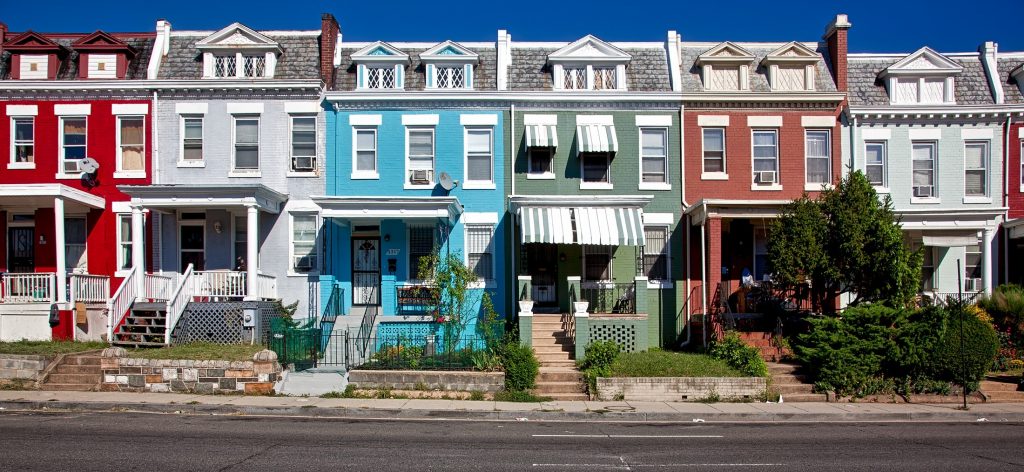It can be difficult for a felon to find a place to rent. A felon is someone who has been convicted of a felony, which is a serious crime. In some cases, landlords can use their discretion when it comes to renting to someone with a criminal record. However, there are some ways around this, including government-subsidized housing or private organizations that focus on helping former prisoners reintegrate into society.
Table of Contents
How can a felon find a place to live
One way to find a place to live is to apply for government-subsidized housing. There are many programs available that can help former prisoners reintegrate into society. These programs can provide housing, job training, and other services to help people get back on their feet.
Another option is to find an organization that focuses on helping former prisoners. These organizations can provide housing, job training, and other services to help people get back on their feet. They may also be able to help you find a place to rent.
Finally, remember that you have rights. If you are being discriminated against because of your felon status, you can file a complaint with the Department of Housing and Urban Development (HUD). HUD can help you find housing that is affordable and meets your needs.
What are some options for government-subsidized housing

There are many options for government-subsidized housing. Some of these options are listed below.
– HUD: The Department of Housing and Urban Development (HUD) can help felons find affordable housing that meets their needs.
– Section 8: Section 8 is a government program that helps low-income families find affordable housing. It provides vouchers that can be used to pay for rent or mortgage payments.
– The Public Housing Authority: The Public Housing Authority (PHA) is a government organization that provides affordable housing to low-income families. It also offers rental assistance and other services.
– The Low Income Housing Tax Credit: The Low Income Housing Tax Credit (LIHTC) is a program that provides tax credits to developers who build affordable housing. This program helps low-income families find affordable housing.
– The National Housing Act: The National Housing Act is a law that assists low-income families who are unable to find affordable housing. It also provides subsidies for rent and mortgage payments.
What are some options for private organizations that help former prisoners reintegrate into society
There are many reasons why private organizations that help felons reintegrate into society are important. One of the most important is that they provide a support system for those who have often been marginalized by society. They also offer resources and assistance that can be difficult to find elsewhere. Most importantly, they help former prisoners rebuild their lives and become productive members of society. Some of these options are listed below.
– The Safe Streets Project: The Safe Streets Project is a nonprofit organization that provides housing and job training to former prisoners. It also helps them find work and connect with resources in their community.
– The Exodus Foundation: The Exodus Foundation is a nonprofit organization that provides housing, job training, and other services to former prisoners. It also helps them find work and connect with resources in their community.
– The National Reentry Resource Center: This website provides information on reentering society after prison. It includes a list of resources for ex-offenders, including housing options.
– The Second Chance Program: The Second Chance Program is a government-funded program that provides housing and job training to former prisoners. It also helps them find work and connect with resources in their community.
– The Re-Entry Project: The Re-Entry Project is a government-funded program that provides housing, job training, and other services to former prisoners. It also helps them find work and connect with resources in their community.
These are just a few examples of the many private organizations that help felons reintegrate into society.
What are your rights if you are being discriminated against because of your felon status



If you are being discriminated against because of your felon status, you have rights. You can file a complaint with the Department of Housing and Urban Development (HUD). HUD can help you find housing that is affordable and meets your needs.
For more information, please visit: https://www.hud.gov/program_offices/fair_housing_equal_opp/fair_housing_act_overview
If you are having difficulty finding a place to live because of your felon status, please contact HUD at 1-800-669-9777. They can help you find the resources you need.
Conclusion
Felon status can make it difficult to find a place to live, but there are options available. There is hope for felons searching for a place to live.
Government-subsidized housing or private organizations that focus on helping former prisoners reintegrate into society can be helpful resources. If you are being discriminated against because of your felon status, you have rights that you can exercise by filing a complaint with HUD.
































